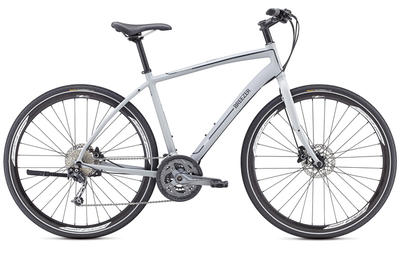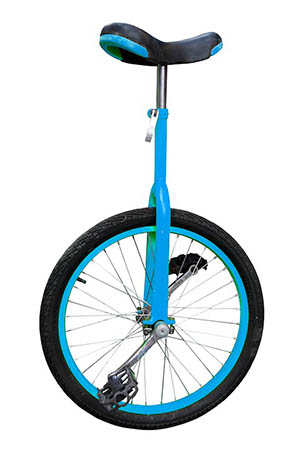Search Strategies
Search Strategy
Definition
A strategy is a plan of action that has been designed to meet an overall aim.
The strategy should be drawn up before you carry out your search

Why use a strategy?
Most of us will already have used the web to find out some information we're looking for. This could be:
- train times
- phone number for a takeaway
- cheapest price for a product
- answers to quiz questions
- and so on...
But suppose you have a more complex search to carry out, limited time to do it and it's vital that you get the right results. An effective way to do this would be to draw up a strategy for your search, then follow this plan to make sure you get the right information in the quickest time.
Another advantage of using a strategy is when you are repeating the same search at regular intervals. Make a record of the strategy, the search results & evaluation and the strategy review. The next time you do the search you can refer to these notes and write another review, so that each time the search becomes more efficient and more effective.
top of page
Making a strategy
So the first step is to draw up a plan. Let's say that someone has given you £500 and you have decided to treat yourself to a new bike. You want to find the best bike for the money, and you have decided to go online to find out which bike to buy.

Your aim is to find the best bike for £500, but what exactly do you mean by 'best'? Let's say we want a bike that's:
- Suitable for roads and some easy tracks
- Reliable - it won't fall apart after a couple of months
- Comfortable
- Looks good
- Good value
So, now that we've established some criteria for the search we can draw up a plan. There will be 3 parts to the plan:
Sources
What websites will we go to to find this information? We might go to:
- Halfords, or another bike shop
- A bike review website
- A bike manufacturer's website
- A bike forum
Search order
We've got a few websites to visit, but which one should be first and which other one next? Going to the sites in the right order will save time and help you get the information you're looking for. Let's say for this plan the order will be:
- Google first - to find a review website
- The review website - this will hopefully give us a few options for bikes that meet our criteria
- the Bike forum to look up what bike riders have said about the bikes you found on the review website
- Bike manufacturer - to get more information for a specific bike that was recommended, and see some pictures of the bike
- The bike shop website to check prices for the bike we want, hopefully they will also have customer reviews
Keywords
Keywords or search terms are the words you would type into a website that has a search facility (like Google, Wikipedia, Amazon etc) For example:
- On Google you could search for best value road trail bike 2017
- On the bike forum you could search for the bike model name and reliability or comfort
- On the bike manufacturer and shop websites you could search for the bike model name
top of page
Evaluation
As you carry out the search, you will start to find out information that hopefully meets your needs (as established in the strategy) We know that you shouldn't trust everything you read on the web so we need to evaluate all the information we find.
What are some things we could look out for?
Relevance

Is the information what we were looking for? It could be handy to keep a list of the criteria handy while you search. We might have found loads of information on a BMX bike that costs £1000, but is it relevant?
Currency
Is the information up-to-date? Maybe this model of bike was reliable 5 years ago but this is no longer the case, or the bike has changed and it is no longer suitable for off-road tracks.
Format
Was the information in the correct format? You might have been looking for a photo or video of the bike to see how it looks - were the results in this format?
Bias
Something else to be aware of is who is supplying the information - they could be prejudiced in favour or against the product.
- The bike manufacturer would obviously be biased in favour of their own bike and wouldn't give information on defects or problems the bike may have
- Independent review websites should be more reliable, but they might favour bikes from manufacturers who buy advertising from them
- Some users on bike forums might have irrational views so you should always take anything you read with a pinch of salt. Try to get views from a number of different users to get a consensus opinion.
top of page
Strategy Review
After you've carried out the search and collected the results, it's time to have a look back at the strategy and decide if anything could have been done differently to get better results.
In general:
- Was it easy to find what you were looking for with this strategy?
- Was anything useful left out?
- How quickly did you find what you wanted?
Some specifics about your strategy:
- Could other sources have been chosen? Perhaps, now that you've found out more about cycling websites, you know additional or better sites to visit
- Could the sites have been searched in a different order to get better results? Perhaps have a look at manufacturers' sites first, then look at reviews?
- Could different keywords have been used?
top of page